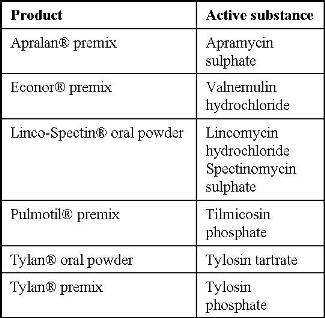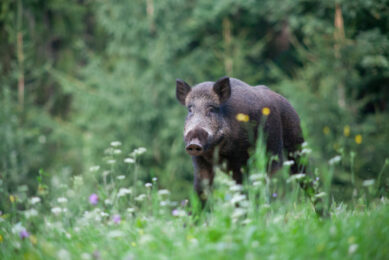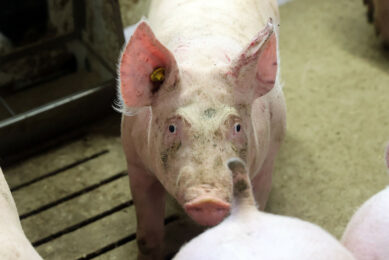Medication via liquid feeds – a follow up

Following my original weblog on medicating liquid feeds, it appears the Dutch have adopted a pragmatic approach and have come up with a voluntary code for testing the stability of VMPs (Veterinary Medicinal Products) in liquid feed, which can then go on their IKP (pig meat producers) list for use.
These stability tests are carried out at 20 and 32 degrees centigrade and at different pHs 3.5 (acidic), 4.5 and 5.5, over a 24 hour period. Ideally, there should be little degradation (<20%) to be considered stable in liquid feed. The tests are carried out by RIKILT, the Dutch state institute for quality control of agricultural products.
The following products have been approved as stable in liquid feed (see Table 1)
Table 1. Antimicrobial products considered stable in liquid feed
These products cover a good range of both enteric and respiratory diseases and some are water soluble formulations and some are premixes. Interestingly, the active compounds are all weak bases with acids to make them salts. Thus, they are usually more stable in acid environments, which is common in liquid feeds. This also applies to the tetracyclines e.g. chlortetracycline hydrochloride, and the pleuromulins e.g. tiamulin hydrogen fumarate. Penicillins are generally less stable in acid environments e.g. procaine penicillin (G) and phenoxymethyl penicillin (V), although amoxycillin trihydrate has been approved by many countries in Europe for use in liquid feeds. Somewhat surprisingly, trimethoprim and sulphadiazine sodium have been shown to be stable down to pH 4, but I have not seen specific tests in the RIKILT system to confirm their stability.
To avoid stability issues, one should not ferment or store medicated liquid feed. If the premix or soluble is added just prior to mixing and distribution of the liquid feed, this helps reduce the possible effects of instability. To improve homogeneity of the mix, the soluble should be pre-dissolved in water before mixing and the premix blended either with the dry feed or a balancer meal before mixing with the liquid, providing local national regulations permit.
What are your experiences of medicating liquid feed, what are the problems and the benefits?
©











